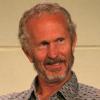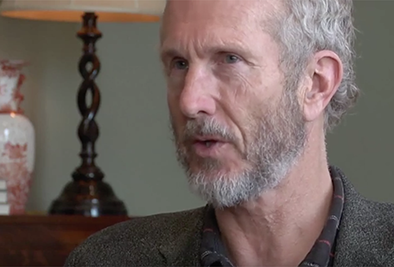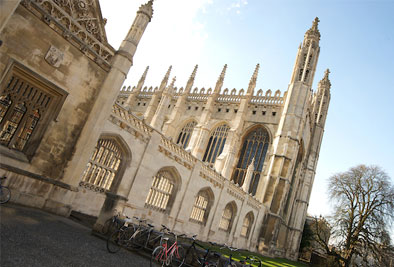J. Doyne Farmer is a professor at the Santa Fe Institute. He has broad interests in complex systems, and has done research in dynamical systems theory, time series analysis and theoretical biology. At present his main interest is in developing quantitative theories for social evolution, in particular for financial markets (which provide an accurate record of decision making in a complex environment) and the evolution of technologies (whose performance through time provides a quantitative record of one component of progress). He was a founder of Prediction Company, a quantitative trading firm that was recently sold to the United Bank of Switzerland, and was their chief scientist from 1991 - 1999. During the eighties he worked at Los Alamos National Laboratory, where he was an Oppenheimer Fellow, founding the Complex Systems Group in the theoretical division. He began his career as part of the U.C. Santa Cruz Dynamical Systems Collective, a group of physics graduate students who did early research in what later came to be called “chaos theory”. In his spare time during graduate school he led a group that designed and built the first wearable digital computers (which were used to beat the game of roulette). For popular press see The Newtonian Casino by Thomas Bass, Chaos by Jim Gleick, Complexity by Mitch Waldrup, and The Predictors by Thomas Bass.
Doyne Farmer

By this expert
Economics Needs to Treat The Economy as a Complex System
The path to better understanding the economy requires treating the economy as the complex system that it really is. We need more realistic behavioral models, but even more important, we need to capture the most important components of the economy and their most important interactions, and make realistic models of institutions.
Featuring this expert
Feelings Offstage
INET Berlin 2012 - back home again. On stage, it’s been a huge amount of claims, assertions, and arguments about what went wrong, about what exactly happened, about why this time was different, about what will certainly happen, and about what remains deeply uncertain, about what “we” shall do about it, about what “we” could do better.
Macroeconomics From the Bottom Up

In 2006, the Fed asked its macroeconometric model what would happen if house prices dropped by 20%. The model projected the past into the future and said: “Not much.” Well, the financial crisis proved it wrong.
The Economic Crisis and the Crisis in Economics
New Economic Thinking 2010

The Institute for New Economic Thinking convened many of the world’s most distinguished economists, academics and thought leaders at its inaugural Conference at King’s College, University of Cambridge.